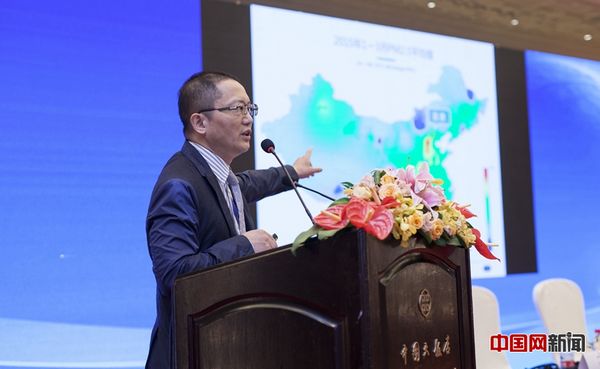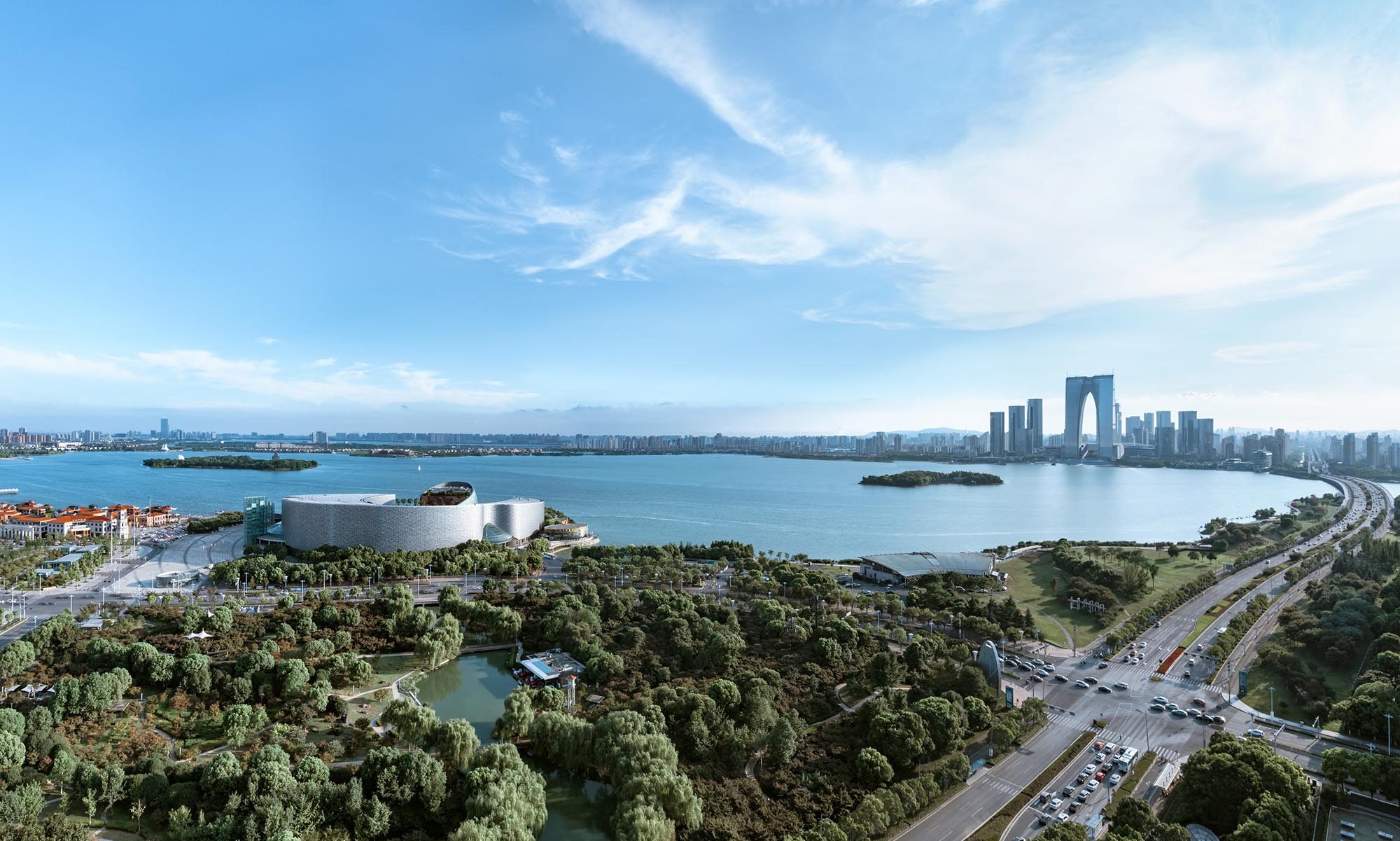Cloud River Urban Research Institute officially issued the China Integrated City Index at the Fourth Global Think Tank Summit held in Beijing on June 27, and released the city rankings on environment, society, economy and overall sections.

The index project helmsman, Professor Zhou Muzhi of Tokyo Keizai University, released the China Integrated City Index, also known as the China Green Urbanization Index, first. Then, he announced the 2015 China Integrated City Index city ranking at a press conference in Beijing’s China World Hotel.
Among the overall city ranking – which was above prefecture-level in this release – Beijing, Shanghai, Shenzhen, Guangzhou and Suzhou were placed from number one to number five. Shenzhen City ranked number one in the environment section, with Xiamen, Haikou, Sanya and Beijing following in spots two through five. The top five in the society section are Beijing, Shanghai, Hangzhou, Guangzhou and Nanjing, while in the economy section the top five are Beijing, Shanghai, Shenzhen, Guangzhou and Suzhou.
“Urbanization is a tempestuous and rapid social and economic transformation that Chinese society has never experienced, but it is also inevitable,” Zhou said. “Urbanization needs a suit of benchmark and frame of reference, which can be a tool for urbanization policies making in macro way, and be a key point for city’s planning in micro perspective, as well as being a measurement to rate the policies and city planning.”
At the conference, the professor said that the China Integrated City Index measures three characteristics, including examining a city from a three-dimension perspective, quantifying it as a “green” development by using laconic structure and advance cognition of the value orientation.
The first characteristic means judging a city’s green urbanization not just by ecology and the environment but from a national perspective and a dimension of pursuing modernization. The three sections of environment, society and economy of the index tried to illustrate the “green” in a wider angle from three-dimensional perspectives of the three sections concerning quality of economy, quality of life, spatial structure and humanity and cultural society, Zhou said.
The second characteristic is using digital and index approaches to sum up problems, subjects and ideals faced among China’s urbanization as well as domestic and foreign experience. Chinese and foreign experts studied and developed a laconic three-three-three structure, which means three sections of environment, society and economy, three medium indexes in each section, and three small indexes to sustain each medium index. Meanwhile, more data supports the small indexes. After two years, Cloud River Urban Research Institute has woven together an integrated index system covering 289 cities above prefecture-level by collecting publicly available data from society.
The third characteristic means an index system is being perfected and evolved. It is an important factor that knowledge and cognition constantly vary, so the index value has the responsibility of guiding people to know something in advance for the future.
It is reported that this project was done by many foreign and domestic experts who put in great effort and repeated study and discussions for two years. It was put forward based on the gathering of in-depth knowledge about China’s urbanization issue, a great amount of experience and lessons learned from domestic and overseas experiences, as well as new conceptions.
“As a benchmark and frame of reference to judge and guide China’s urbanization, the significance of the China Integrated City Index is to build a framework structure to multi-dimensionally analyze a city’s spatial structure and connotation, and provide scientific policies and planning approaches for the green, intensive and sustainable development for China’s urbanization,” Professor Zhou Muzhi said. He is hoping the index will solidly contribute to implementing “digital management” with advanced conception on China’s urbanization.
The article was published on China net on Jun 30, 2015, and was republished by foreign media.
